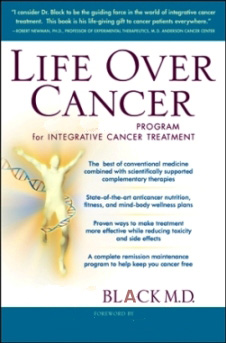People suffer heat-related illness when the body's temperature control system is overloaded. The body normally cools itself by sweating. But under some conditions, sweating just isn't enough. In such cases, a person's body temperature rises rapidly. Very high body temperatures may damage the brain or other vital organs. Several factors affect the body's ability to cool itself during extremely hot weather. When the humidity is high, sweat will not evaporate as quickly, preventing the body from releasing heat quickly. Other conditions that can limit the ability to regulate temperature include:
You know it at once. It may be the fiery sensation of a burn moments after your finger touches the stove. Or it's a dull ache above your brow after a day of stress and tension. Or you may recognize it as a sharp pierce in your back after you lift something heavy.
It is pain. In its most benign form, it warns us that something isn't quite right, that we should take medicine or see a doctor. At its worst, however, pain robs us of our productivity, our well-being, and, for many of us suffering from extended illness, our very lives. Pain is a complex perception that differs enormously among individual patients, even those who appear to have identical injuries or illnesses.
Itch is an irritation in the skin that elicits an urge to scratch. Itches are a common problem and can be localized (limited to one area of the body) or generalized (occurring all over the body or in several different areas). The medical term for itching is pruritus. Generalized itch, for obvious reasons, is more difficult to treat than localized itch. Itches can also occur with or without skin lesions (for example, bumps or blisters). An itch that is accompanied by visible skin abnormality usually should be evaluated by a physician and, in some cases, by a dermatologist since the problem is likely to be a condition that requires specialized medical treatment.

